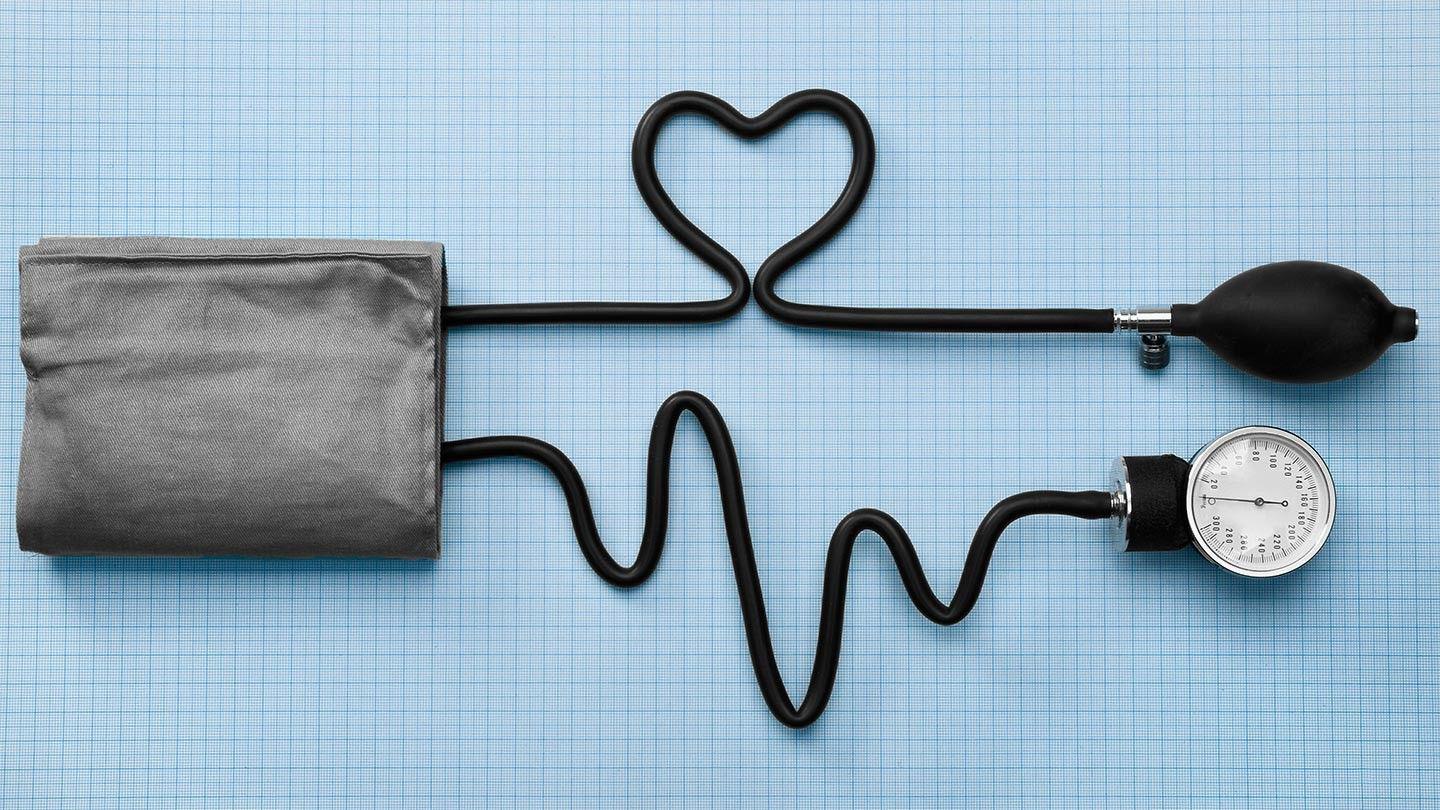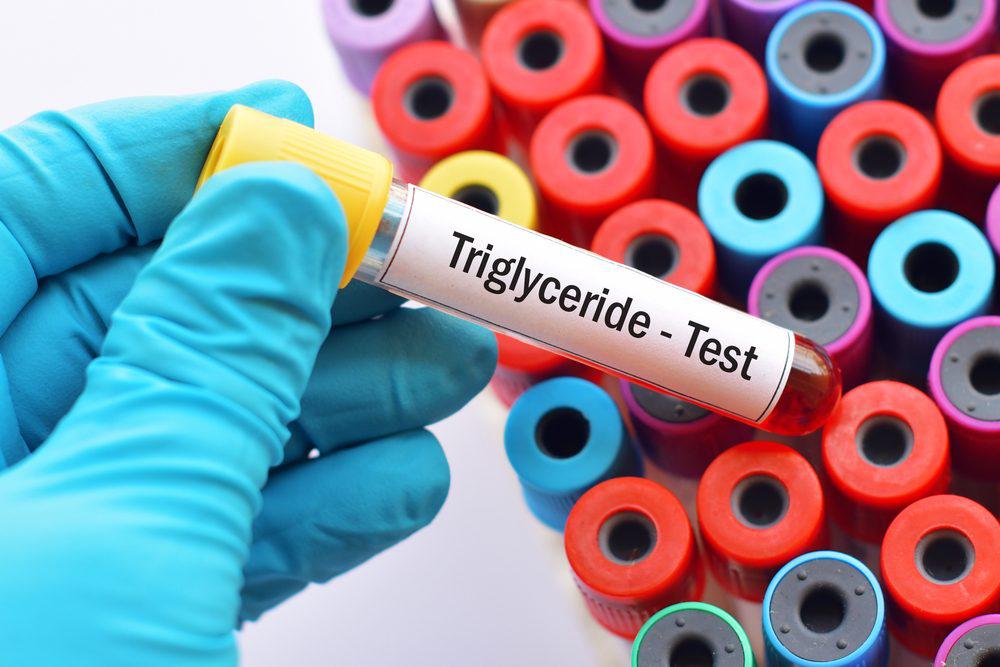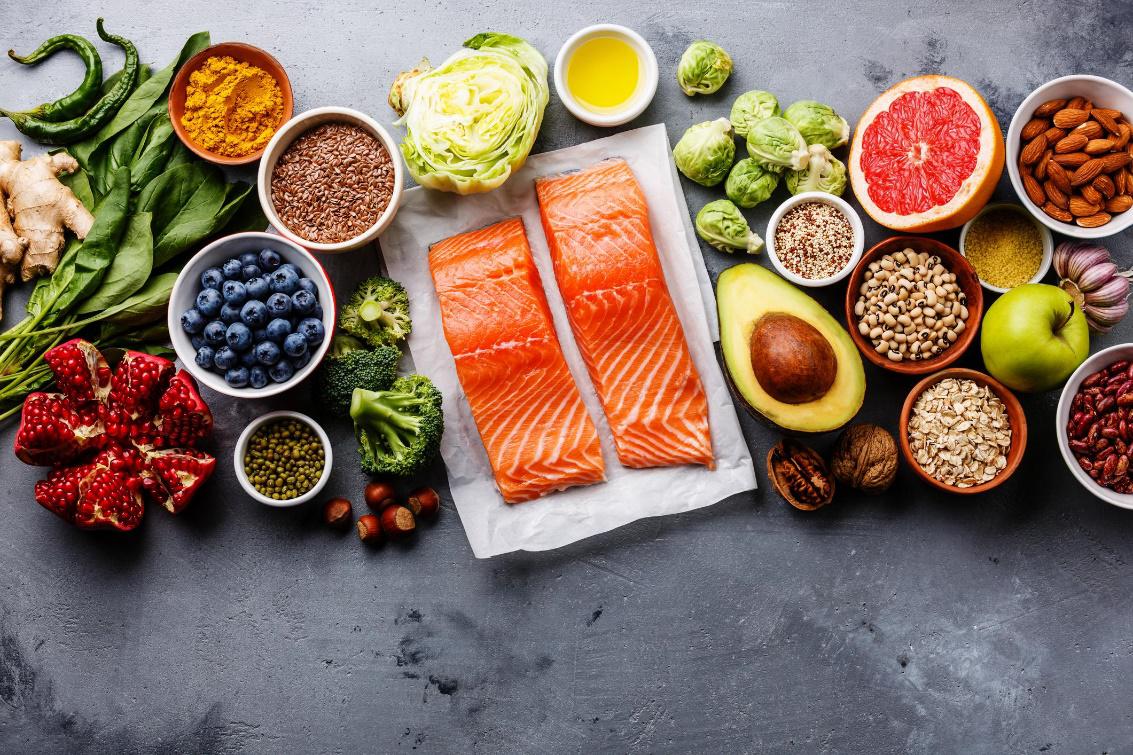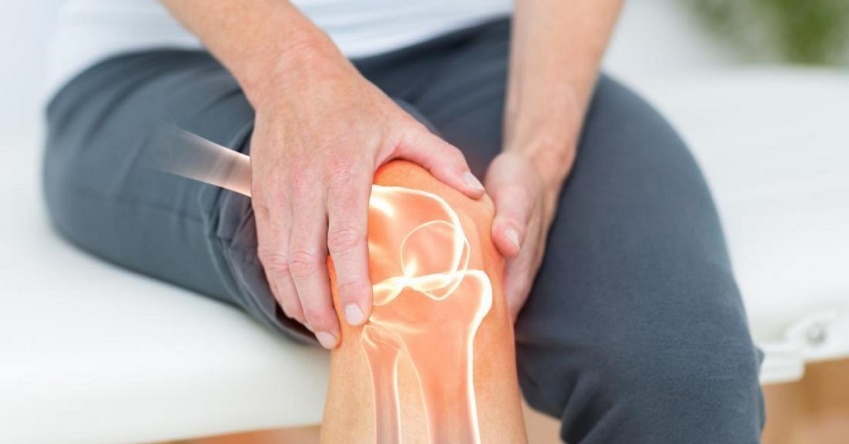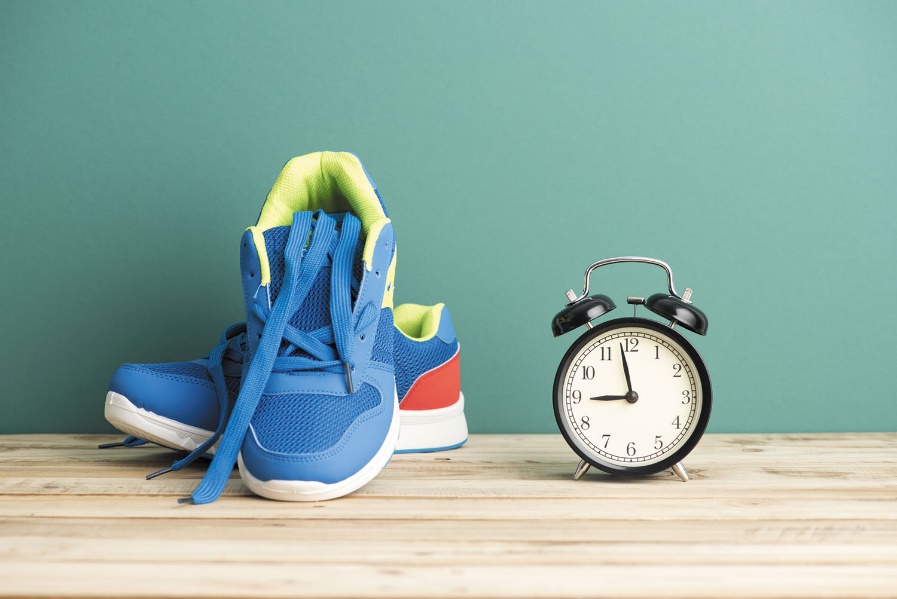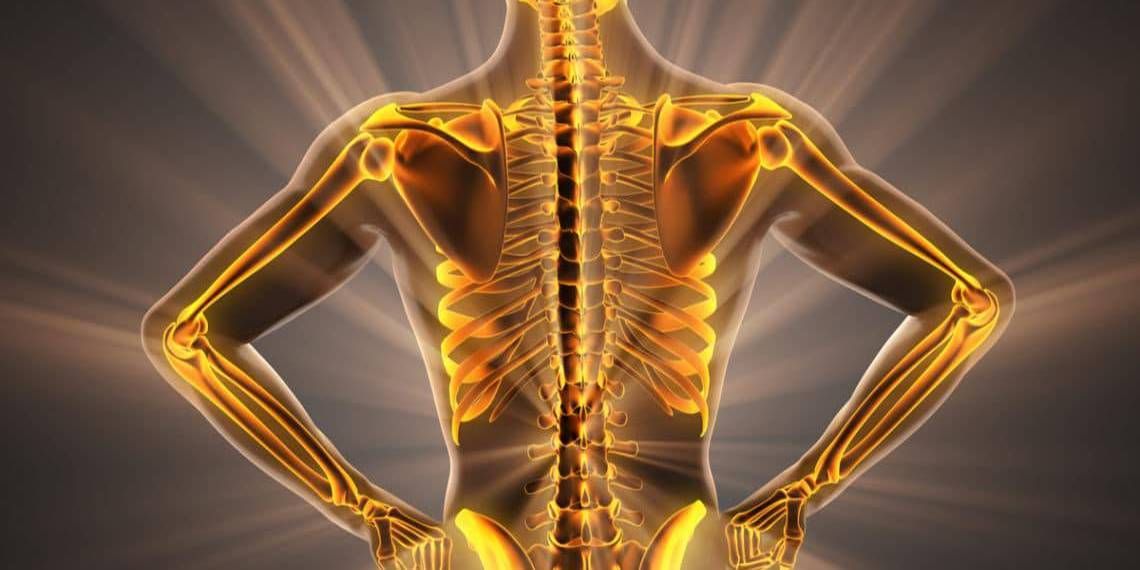Blood Pressure Explained
Your blood pressure refers to the pressure inside your artery walls. It can be a little higher or lower throughout the day as you move from relaxation to activity and back again. As you get older, your arteries may become stiffer. This, combined with sedentary living, can contribute to high resting blood pressure. High blood pressure is extremely common; nearly half of American adults currently have it, and only 1 in 4 is controlling their high blood pressure. High blood pressure is a primary contributing cause of death to roughly half a million Americans every year.
What Is High Blood Pressure (Hypertension)?
High blood pressure is common, and many Americans do not know they have it. Elevated blood pressure is defined as above 120 systolic, but below 80 diastolic at rest. High blood pressure in adults is defined as a resting blood pressure above 130/80. But keep in mind that women's readings tend to be about five points lower. And blood pressure averages also vary by age group.
High Blood Pressure Categories
• High Blood Pressure Stage 1: Between 130/80 and 140/90
• High Blood Pressure Stage 2: Above 140/90
If your blood pressure is higher than 180 systolic OR 120 diastolic, call your doctor right away. This blood pressure range is considered a hypertensive crisis, and could lead to a hypertensive emergency.
Lowering Blood Pressure Immediately
There is very little you can do outside of medical intervention to lower your blood pressure immediately. If you are concerned, you may be experiencing a high blood pressure emergency, call your doctor right away. As you wait for help to arrive, lie flat and remain as calm as possible.
9 Ways to Lower High Blood Pressure
The encouraging data on high blood pressure (hypertension) is that you can lower your elevated levels through a number of simple everyday lifestyle changes. These adjustments can reduce your measurement numbers and cut risks without the need for medications.
Lose Weight
Being overweight or obese puts added pressure on your arteries, and this can lead to high blood pressure over time. The American Heart Association recommends, "eating well and moving often" for people who want to lose weight.
Exercise Everyday
Regular exercise strengthens your heart and helps prevent high blood pressure. Most healthy people need 150 minutes of moderate-intensity exercise to maintain their health. You can break those minutes up however you like. If you have been inactive for a long time, avoid injury by starting back slowly with mild exercises such as walking.
Lower Sodium Consumption
Too much sodium in the diet has been tied to high blood pressure. In places where people eat less sodium, the people tend to have much less trouble with high blood pressure. Most Americans eat far more salt than recommended, and most of it comes from highly processed foods. Lowering your salt consumption can start lowering your blood pressure in weeks.
Eat Healthy
Some foods are just good for your heart. And then there are foods that aren't. The more often you choose quality, healthy foods to eat, the more protection you give your heart. Here are some foods to add more of to improve your heart health:
• Fruits and vegetables
• Whole grains
• Low-fat dairy
• Lean beef
• Skinless poultry
• Fish
• Nuts
• Vegetable oils that are low in saturated fat
Here are some foods to avoid for a healthy heart:
• Sugary sweets
• Sodium (salt)
• Fatty red meat
• Saturated fats and Trans fats
Increase Potassium Consumption
Potassium seems to counteract the harm that sodium causes to your blood vessels. People who regularly eat foods high in potassium tend to have lower blood pressure. Some of the most potassium-rich foods include:
• Beans
• Cow's milk (both fat-free and whole)
• Baked potato
• Fresh tomatoes
• Bananas
• Spinach
• Clams
Avoid Heavy Alcohol Drinking
Drinking too much alcohol has been associated with high blood pressure. Heavy drinking also contributes to stroke. The CDC recommends that men drink two or fewer drinks per day. Women are recommended to drink one or fewer alcoholic beverages per day.
Quit Smoking
Smoking constricts the arteries, and that raises blood pressure for a few minutes. Smoking all day can contribute to higher blood pressure all day long. High blood pressure kills nearly half a million Americans every year. If you smoke, remember that millions of people have succeeded in quitting.
Reduce and Avoid Chronic Stress
Some stress in life is unavoidable. However, if you feel stressed out and tense for much or all of the day, your habits might be affected. People with chronic stress are in danger of unhealthy coping habits like overeating and substance abuse. It can also be difficult to sleep if you are frequently or constantly stressed. All of these things can raise your blood pressure.
To keep your stress in check, make time for healthy activities. Spend some time every day in an activity that relaxes you, such as:
• Gardening
• Walking
• Painting
• Meditating
• Talking to friends and family
• Visiting a therapist
Monitor Blood Pressure Regularly
Know you have high blood pressure? Check it frequently. Doctors recommend daily checks with a home blood pressure monitor. Check three times, and record each result. Be particularly careful to check your blood pressure:
• Every day for a week before a doctor's visit
• For two weeks after starting or changing medication
Source: www.medicinenet.com
Santegra®’s products CoQ10, CardioPhyt™, ShieldsUp™ TR support cardiovascular system.

